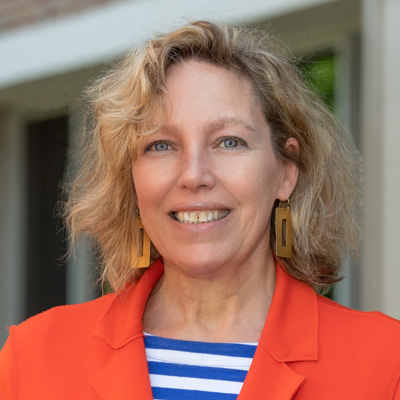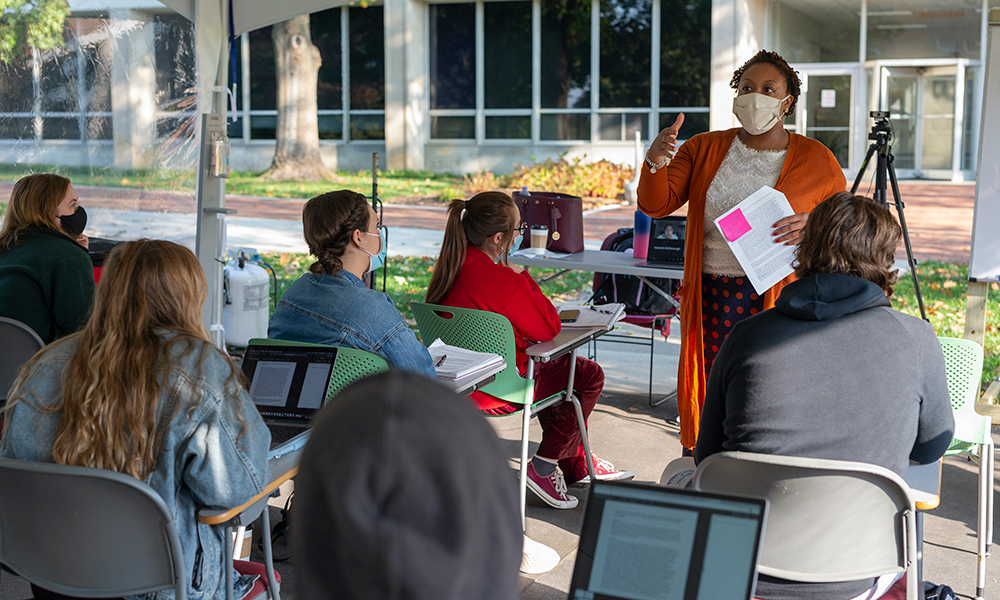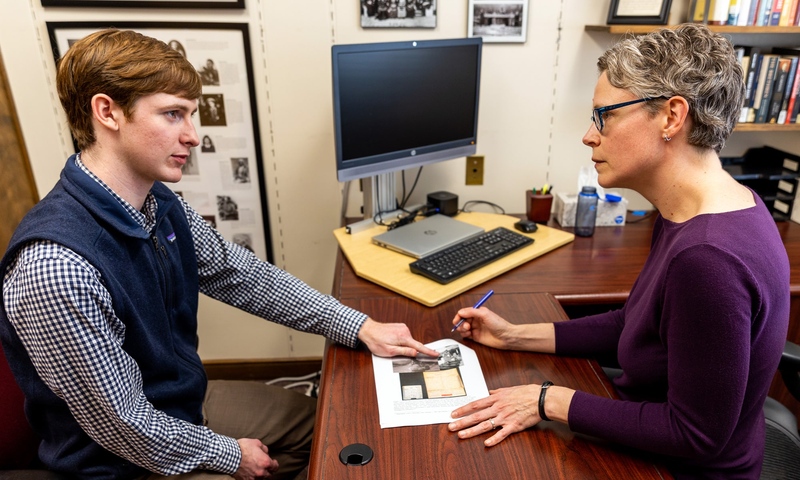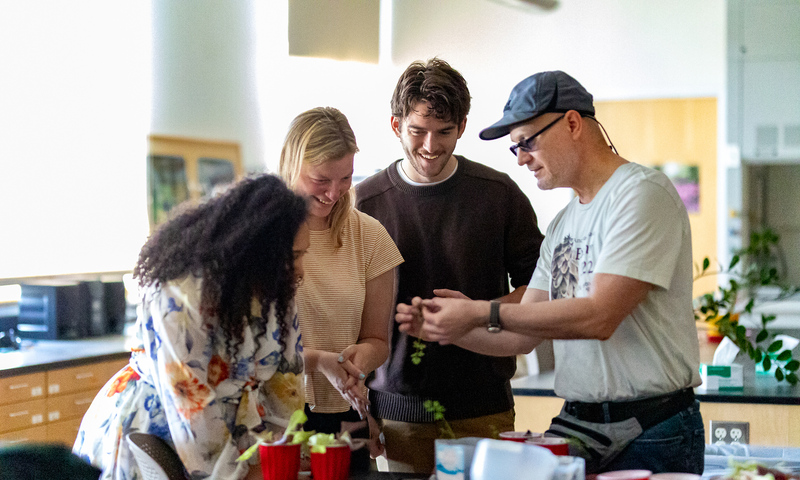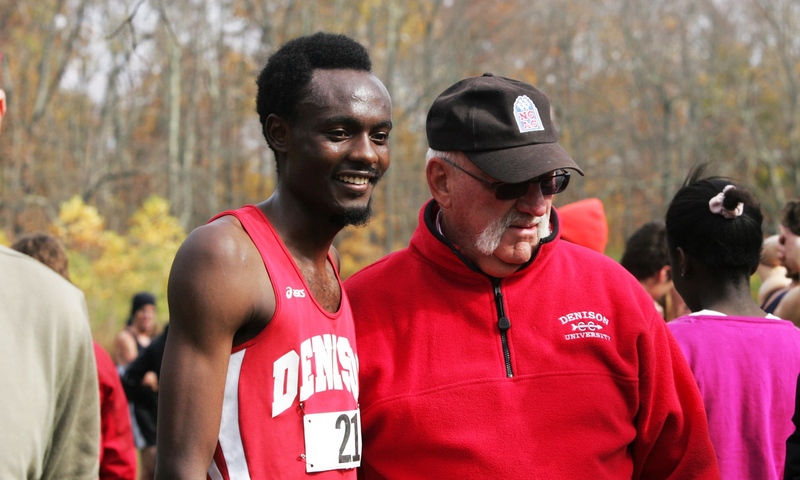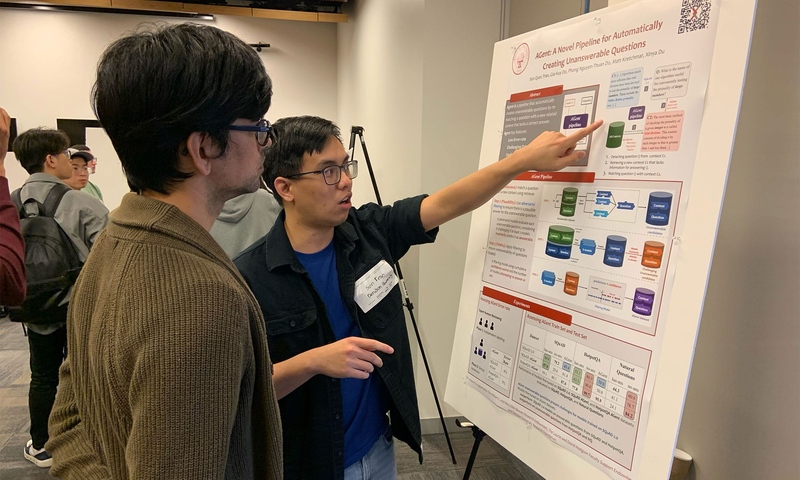According to the CDC, African Americans are 2.3 times more likely to experience infant death and 1.9 times more likely to die of diabetes. Disparities in healthcare are real, yet they seldom make headlines. Imani Holmes ‘19 (Global Commerce and Spanish) is working to correct that. She develops effective communication strategies and executive leadership platforms for global pharmaceutical and biotechnology clients at Edelman, the world’s largest public relations firm.
“It’s all about transformation, in the sense that I create comprehensive media strategies that challenge consumers to consider the lived experiences of patients in a new or different way. It’s about moving people along a different mindset in an ethical way, inclusive of where they are and where they come from,” says Holmes. “Then I work to keep them there – connecting with stakeholders that most appeal to target consumers, and creating a web of influencers that impact how they make decisions.”
Holmes returned to campus to share working-world insights with students in Associate Professor Fareeda Griffth’s Intro to Global Health class. The two enjoy continuing to keep in close touch, sharing news, and talking over issues.
“Imani led the class in an intellectual and global conversation on the impact of chronic health disease, specifically chronic kidney disease and the efficacy of drug trials,” says Griffith.
“Your knowledge and expertise as liberal arts students give you the ability to answer complex questions about things like disease management and clinical trial diversity.”
Through that discussion, the importance of a holistic patient view became crystal clear to Frances McMillan ‘23. “For example, type 2 diabetes affects the cardiovascular-renal system, which could mean that you are at risk for liver failure and kidney failure,” she says, “But if a patient does not know they should be screened for all these problems, the health care professional has to advocate for them and take every aspect of their identity into account.”
“I wanted them to understand the importance of connectivity to the things they are studying – nothing should be understood in a silo,” Holmes added. “Even though I was a Global Commerce major, I took three classes from Dr. Griffith and I was a research advisee. Those classes clarified social-cultural elements of business implications. You have to understand how people are impacted by decisions. Decisions don’t happen linearly.”
Another advantage of a recent graduate coming back to campus? They provide a look into possible futures for students.
“I want to let them see that there is a world out there ready for Global Health students,” says Holmes. “Your knowledge and expertise as liberal arts students give you the ability to answer complex questions about things like disease management and clinical trial diversity. We learn how to take a critical look at these issues and ensure our clients are well-poised to meet those challenges head-on and emerge as industry leaders.”
